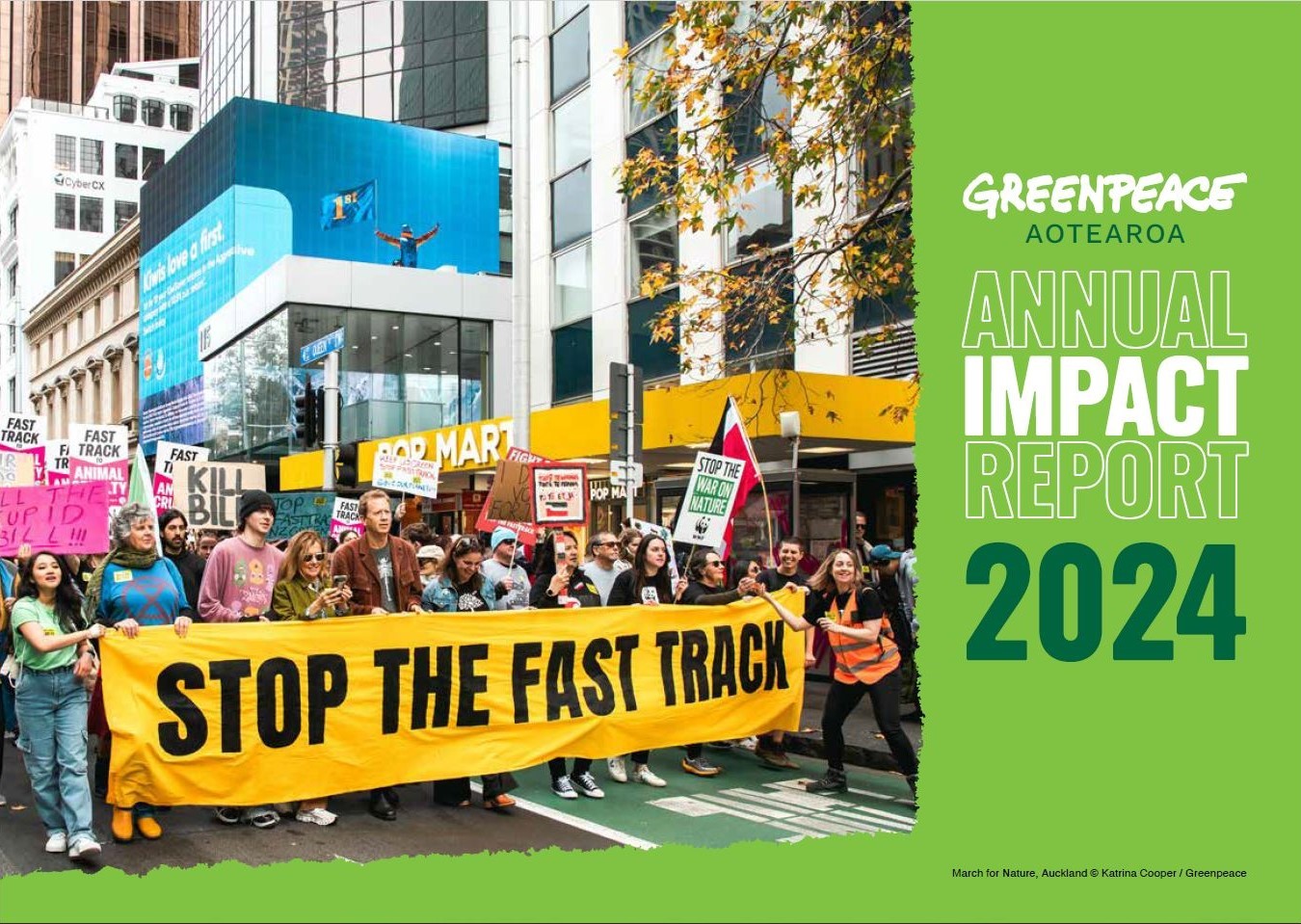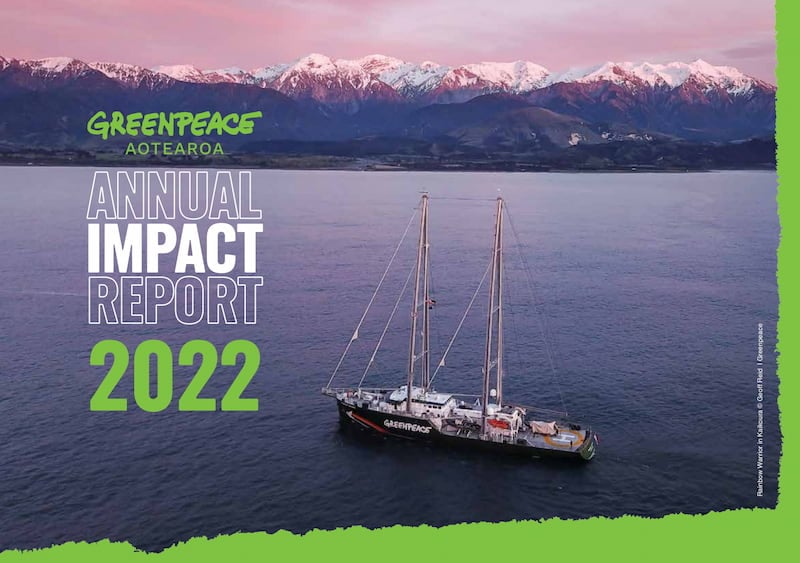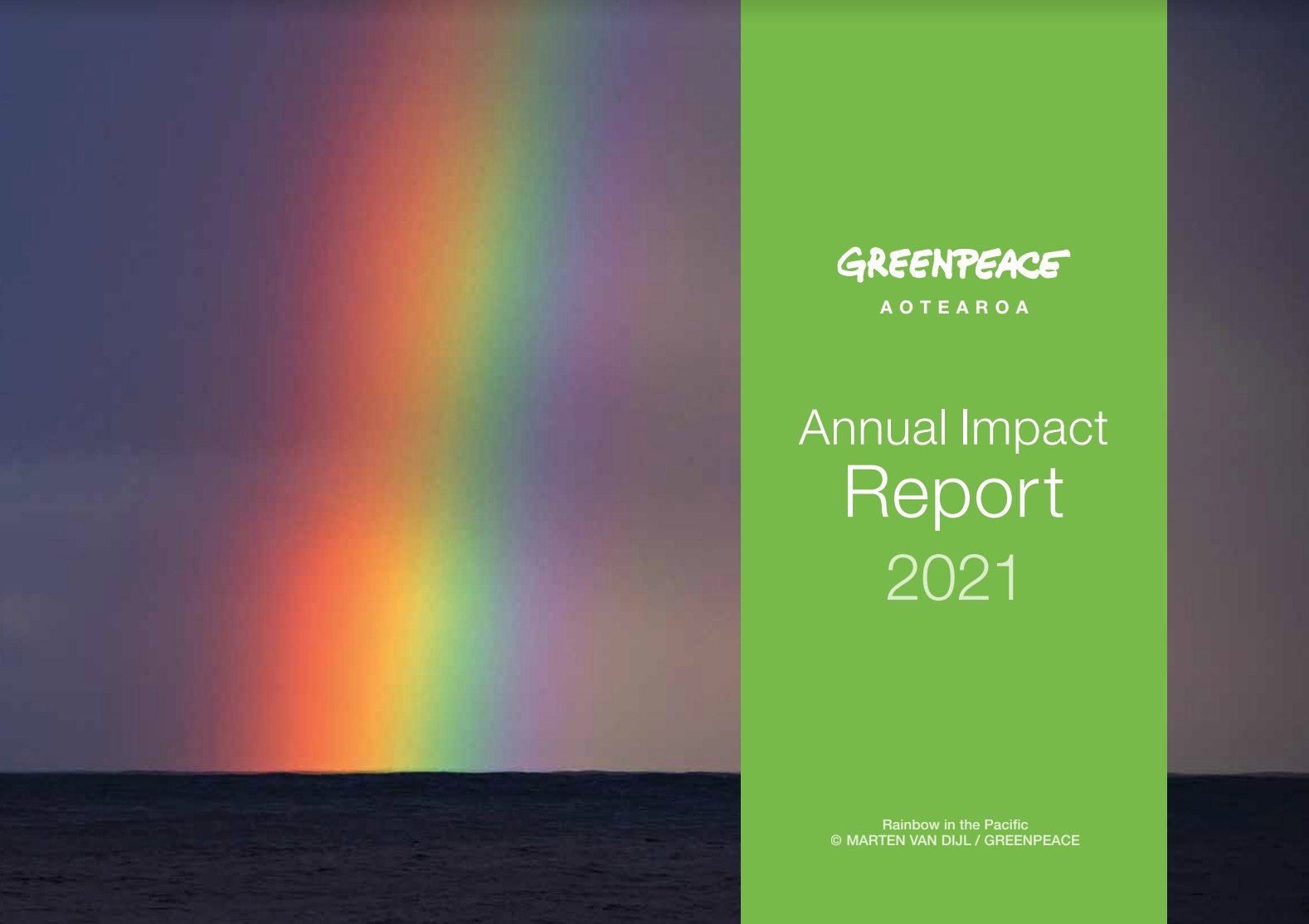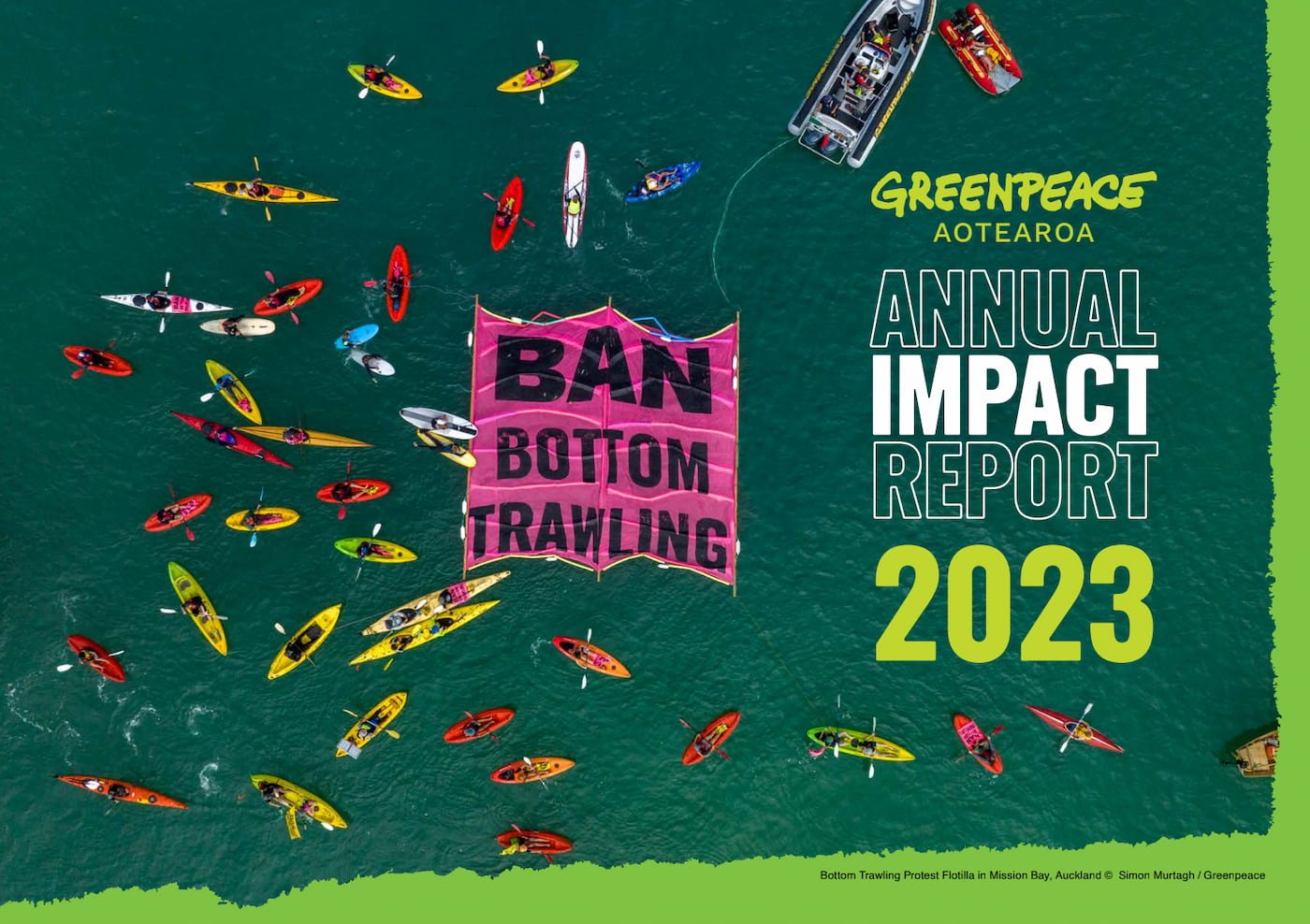
One of the defining features of progressive policy change is its two-steps-forward-one-step-back nature. And so it was in 2023.
In March, at the UN, we finally won the 20-year struggle for a Global Oceans Treaty to provide the framework for marine protected areas on the high seas. Science and public interest won over private fishing interests. And then, in November, we were lumbered with a new Oceans Minister who loudly proclaimed his allegiance to the fishing and mining industry and his hostility to evidence.
Early in 2023 we were seeing the effects of the regulatory cap on fertiliser use in the dairy sector in cutting fertiliser use, and hence greenhouse pollution and water pollution. This fertiliser cap was built on years of evidence of harm from intensive agribusiness. But by year’s end we had a climate-denying Agriculture Minister who was a former agribusiness lobbyist who aimed to dismantle environmental protections.
Together, we have made some important gains in recent years, but in 2023, there was a huge pushback from polluting industries and the politicians who work for them.
As temperature records were broken and more species were added to the endangered list, millions of us around the world fought to control the industries driving these disasters. But the industries themselves fought all efforts to limit their destruction, and they have deep pockets and can buy a lot of influence in government. They use their power to advance their private interests.
But we are unbowed.
Greenpeace acts in the public interest to achieve a world where biodiversity thrives, where the climate is stabilised, and where conflict is resolved peacefully. We are able to do this because we are supported by hundreds of thousands of ordinary people with an extraordinary commitment to changing the course of history for the better. We don’t take money from governments or businesses so that we have the freedom to speak truth to power and to act on that truth.
Finally, one highlight of the year for me was the launch of the ‘Know Your Nitrates’ Map. Rural people on private water bores are on the front line of agribusiness pollution as they are forced to drink water contaminated by livestock faeces and fertiliser. Greenpeace has continued to provide free nitrate testing to these communities and now we have brought it all together in a national map of known nitrate groundwater testing results. It is such a great example of public interest science meeting public interest advocacy.
Kia kaha,
Russel
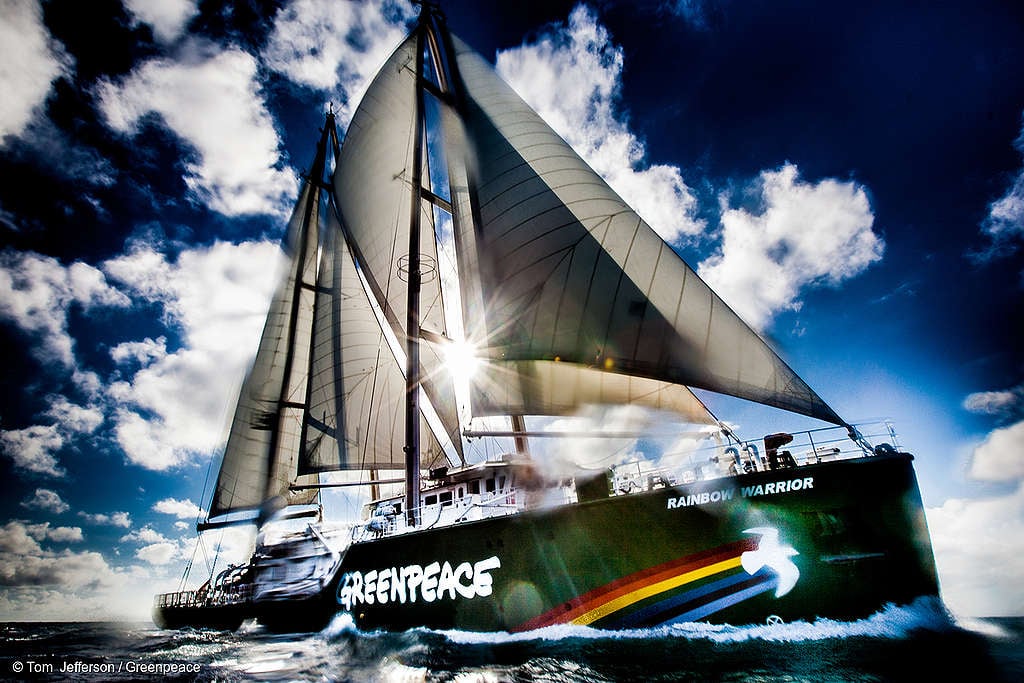
Donate to Greenpeace today. We take no money from corporations or governments. Our independence and ability to speak and act freely is our greatest strength. To maintain that freedome, we rely on the generosity of people like you to keep us in action.
Take Action
